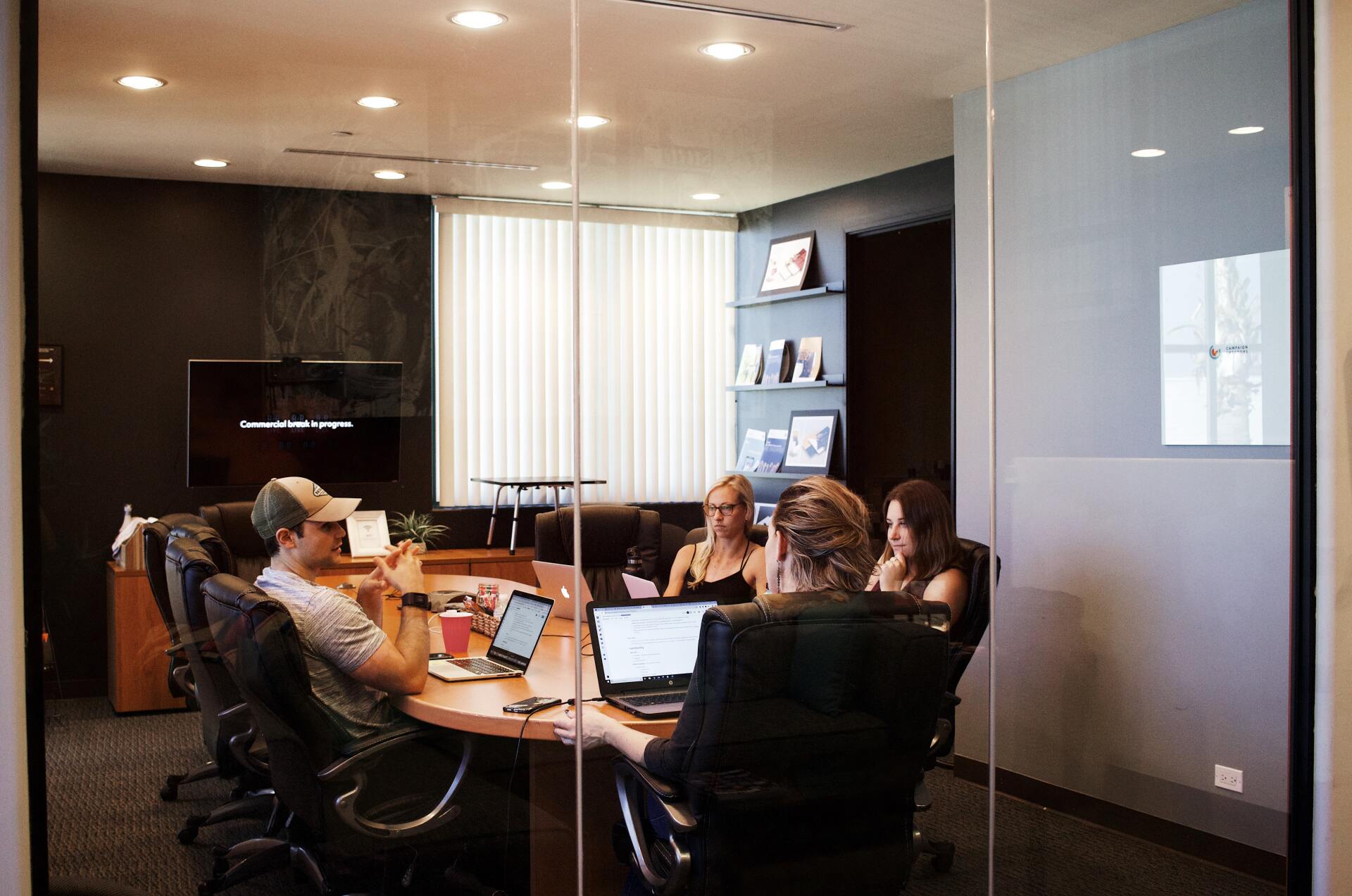The World of Work has Changed
Bianca Luck • October 14, 2020
As Covid 19 sends shockwaves through the world, the traditional workplace was forced into a revolution and has changed more in 2020 than it has in decades. Redundancies, retrenchments, reduced salaries, standing employees down, remote working, hiring freezes, a decline in corporate revenue and potential health and safety risks, have all raised anxiety levels for employers and job seekers and they are both forced to adapt to this new landscape to remain competitive. Pre-Covid budgets and working arrangements have all been deemed as irrelevant and employers have had to reevaluate methods of what budgets and ‘working’ looks like, where social distancing is required.
In April 2020, 92% of nimble businesses very quickly switched to a working from home (WFH) arrangement for their staff. After 6 months,the challenge for most Human Resource professionals is now how to entice their employees to return to the office as only 9% of staff have requested to do so full time and a staggering 70% want to retain flexibility and work for a set number of days in the office and from home (p2p Post 2020 Workforce Report).
A new breed of HR professionals have emerged as Employee Experience HR Experts, where their primary role is to manage everything an employee encounters while repairing a fractured company culture which has been tested through limited ‘water cooler moments’ or employee office contact. Employers who prioritise employee experience today, will win the war of talent tomorrow, attracting and retaining their staff.
Employees are feeling the pressure to do more with less as employers monitor corporate spending and cut previously allocated funds for transformation, projects, and system improvements. Consistent pressure to be accountable and produce with less can lead to burnout and as the WFH lines blur, many find it hard to switch off, feeling like they are always ‘on’ unless asleep and often working longer days. Harvard and NYU researchers in the (US) National Bureau of Economic Research released a study that concluded the pandemic workday is 48 minutes longer and has 13% more meetings.
Moving forward, leaders need to rebuild the trust that has been lost through making redundancies, and salary cuts and it is essential that they have empathy and compassion and create work environments that match these new sets of changing parameters. Company cultures can be restored without office interactions through story telling but there is no doubt the corporate office has a place and is here to stay. The purpose has changed to be employee centric and a space for collaboration, creativity, and innovation.
If you’re interested to know more, please connect with me on bianca.luck@people2people.com.au for a copy of the p2p Post 2020 Workforce Report and I’ll be delighted to share more findings with you.
Find the job you love I Find the right talent
Get in touch with people2people
Australia
I United Kingdom
In business since 2002 in Australia, NZ, and the United Kingdom, people2people is an award-winning recruitment agency with people at our heart. With over 12 offices, we specialise in accounting and finance, business support, education, executive, government, HR, legal, marketing and digital, property, sales, supply chain, and technology sectors. As the proud recipients of the 2024 Outstanding Large Agency and Excellence in Candidate Care Awards, we are dedicated to helping businesses achieve success through a people-first approach.
Recent articles









